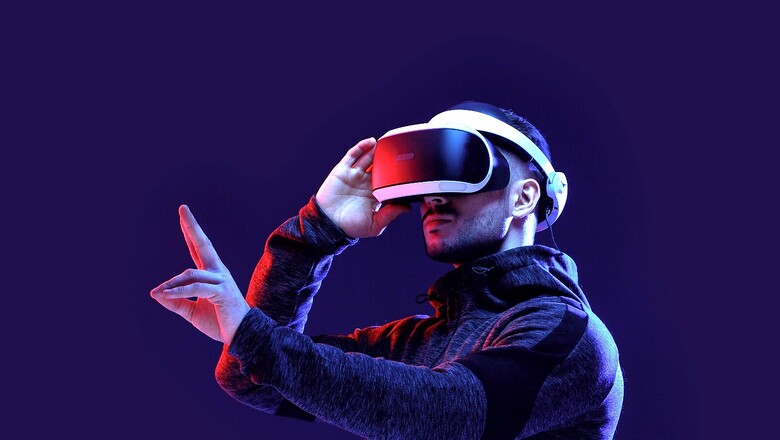
views
With Metaverse soon becoming a thing, many tech giants are investing in AR and VR initiatives. Meta (erstwhile Facebook) is going all-in on Metaverse, Apple is working on a mixed reality headset, and now Google is also reported to be working on a new AR headset, codenamed Project Iris. A report in The Verge quotes two people familiar with the matter as saying that Google’s Project Iris may come with outward-facing cameras to blend computer graphics with a video feed of the real world. This, according to the report, will create a more immersive mixed reality experience than AR glasses like Snap Glasses and Magic Leap.
The report hints that Google AR headset may be launched in 2024 and the early prototypes of the product resemble a pair of ski goggles and don’t require a tethered connection to an external power source. The headset, according to the report, is still in early development stages. The hardware may be powered by a custom Google processor and it will likely run on Android. The report, however, cites a job listing that hints that Google may design a unique operating system for the AR headset.
ALSO READ: Aria Smart Mirror With AR/VR Fusion Launched: All Details
The report in The Verge also hints that Google may use its cloud computing servers to remotely render graphics into the headset via an internet connection. Further, it says that the Pixel development team is involved in the project for helping with the hardware.
The report also says that the core team working on Google’s Project Iris consists of roughly 300 people, and Google plans to hire more. The executive who is overseeing the project is Clay Bavor, and he reports directly to CEO Sundar Pichai. Bavor also manages Project Starline, a next-generation ultra high definition video chat booth that we first saw last year.
Back in October 2021, Google CEO Sundar Pichai had told investors during an earnings call that the company is thinking through AR and that it will be a major area of investment for the company. While Google does seem ready for venturing into AR, and has the technology and talent to support its ambitions, it is not investing as heavily as Meta, which is already reported to be spending $10 billion per year on AR and VR.
Read all the Latest Tech News here




















Comments
0 comment